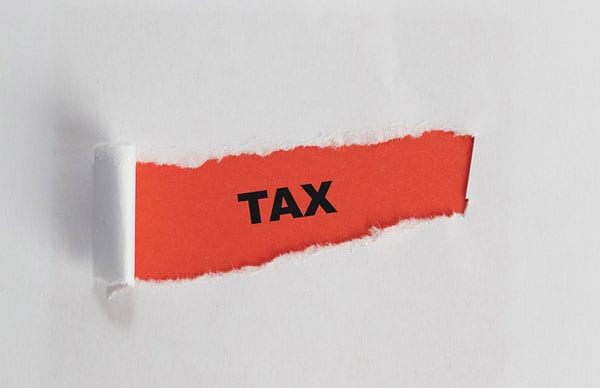
January 24, 2019; WDET-FM and the Detroit News
Michigan has been a leader of the school-reform pack, confidently implementing the playbook of top-down, market-driven, public reform efforts. The New York Times Magazine called it “a laboratory in which consumer choice and a shifting landscape of supply and demand (and profit motive, in the case of many charters) were pitched as ways to improve life in the classroom for the state’s 1.5 million public school students.”
Michigan wisely recognized that school funding would be essential in any effort to improve our schools and chose to move away from its heavy reliance on property taxes, which create a harmful disparity between communities based solely on property values. But merely having the power to ensure every student had the funding to support their educational needs did not mean Michigan’s leaders had the wisdom or will to act.
In an interview with WDET, Michigan State University’s David Arsen, coauthor of a recent study of state education funding, described the goals of a 25-year-old, voter-approved shift of school funding from local districts to the state. “It had two main objectives. One was to lower property taxes. The second was to lower the funding gap between high and the low revenue districts.”
Michigan’s school reform advocates, led by current US Secretary of Education Betsy DeVos, successfully advocated for the growth of vouchers and charter schools, permissive transfer policies, heavy reliance upon standardized testing, and aggressive use of the state’s ability to take full control of local school districts. The results are telling; according to MSU’s findings, “After adjusting for inflation, total K–12 education funding declined by 30 percent between 2002 and 2015. Seventy-four percent of this decline was due to declining state support for schools. Per-pupil revenue declined by 22 percent during this same period…. While the number of at-risk students has increased significantly, inflation-adjusted at-risk funding per at-risk student has plunged by over 60 percent since 2001.”
Detroit Superintendent Nikolai Vitti, speaking to the Detroit News, aptly summarized the study’s impact: “Simply put, you invest in what matters, in what you believe has potential. You invest in what you believe will create dividends…. A lack of investment in K–12 yielded one of the worst educational performance records in the country over the same time.” In 2017, as reported by the Detroit News, Brian A. Jacob’s analysis of data from the latest National Assessment of Educational Performance (NAEP) “found that Michigan students were at the bottom of the list when it comes to proficiency growth in the four measures of the exam.”
Returning to Arsen, he says,
Sign up for our free newsletters
Subscribe to NPQ's newsletters to have our top stories delivered directly to your inbox.
By signing up, you agree to our privacy policy and terms of use, and to receive messages from NPQ and our partners.
The evidence is quite clear now that increased funding is clearly associated with improved student performance. Funding for public schools in Michigan has fallen more sharply than any other state over the last quarter-century. Once you adjust for inflation, we’re at about 82 percent of where we were in 1995. No other state besides West Virginia is below where they were in 1995, we’re distinguished in that. In Michigan, the state GDP is higher than it’s ever been. The issue is that we’re devoting a lesser share of the state economy, a lower share of our income, to supporting K-12 schools a generation ago, or even a decade ago.
Michigan left responsibility for facility costs as a totally local matter, further penalizing those communities with the greatest need for assistance.
It appears that Michigan’s school reformers had another agenda item they saw as more important than educating children: cutting taxes.
Before 2002, Michigan’s tax effort surpassed the national average. Since then, it has fallen substantially below the (simultaneously declining) tax effort of states nationally. If Michigan devoted the same fraction of its economy to state and local taxes as the national average, it would generate an additional $3 billion in revenues per year, an amount nearly sufficient to lift school funding to the level that prevailed in 1994.
This decline comes not from a shrinking state economy, but from an active effort to keep tax rates low and to transfer revenues once devoted to education to other uses.
Michigan’s experience is important beyond the state’s borders. Fair funding matters, and we need to step up and pay the tab. This lesson may be more important than the louder debates over school choice or core curriculum. Even if those strategies are effective, they cannot succeed without money for buildings, teachers, and materials.—Martin Levine













